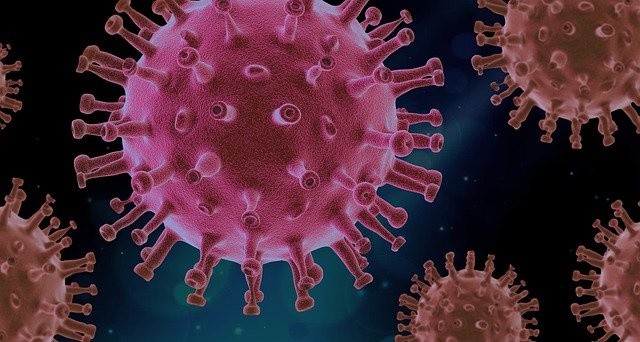COVID-19 Study: Immunity From Antibodies Could Wear off Over Time

Immunity from COVID-19 can wear off over time as protective antibodies in people wane "quite rapidly," research found.
A study from Imperial College London found that the number of people with COVID-19 antibodies declined significantly lower over the summer. There was a 26 percent decrease in the group between June and September.
"Immunity is waning quite rapidly, we're only three months after our first [round of tests]," said research team member Prof. Helen Ward.
This suggests that COVID-19 might not provide long-lasting immunity from the future, repeated infection. Antibodies are a key part of a person's immunity as they stop the virus from getting inside the body's cells. Fading immunity could raise risks of multiple infections.
The survey involved some 360,000 people in England who have taken an antibody test as part of the REACT-2 study so far. The tests were conducted at home using a finger-prick test, said The Wall Street Journal.
Despite the drop, the number of healthcare workers with antibodies is still relatively high. Researchers believe this is because of their regular exposure to the coronavirus.
Together with the polling organization Ipsos Mori, the study was funded by the British government, and the results were published on Monday night. The results still need to go through peer review.
Findings on the Antibodies Study
According to BBC, 60 out of 1,000 participants had detectable antibodies during the first round of testing between the end of July and early July.
But the latest set of tests showed only 44 per 1,000 people were positive by the end of September. That makes for 12 weeks after the peak of COVID-19 infections in the U.S. and the rest of the world.
The results also suggested that asymptomatic patients were likely to lose detectable antibodies earlier than those who showed symptoms.
The Roles of Antibodies in COVID-19 Immunity
Health experts are still unsure about the level of antibodies in a person's body needed to provide immunity from infection or reinfection from COVID-19. But some research suggests it may be around the same threshold for detection, said a report from The Guardian.
Some experts have also raised the possibility that other components of the immune system could play a role in protecting someone from the virus, even in the absence of antibodies.
Other cells like T-cells and B memory cells help in a person's immune response as well. The T-cells kill infected cells, while B memory cells produce new antibodies.
The duration of the protection is still unknown, and the research team said it might be too soon and hard to consider these other components. T-cell levels, for example, are difficult to measure.
"We can see the antibodies and we can see them declining and we know antibodies on their own are quite protective," said study co-author Prof. Wendy Barclay.
She added that with seasonal coronaviruses like common colds reinfecting people regularly throughout their lives, immunity "probably isn't very long-lasting."
The team suspects that the body will react to COVID-19 infection in a similar way.
Check these out:
Heart Damage Among COVID-19 Patients Lead to Higher Risk for Death, Study Finds
Universal Mask Wearing Could Save 130,000 Lives by February
Remdesivir Becomes First Coronavirus Treatment to Receive FDA Approval
Subscribe to Latin Post!
Sign up for our free newsletter for the Latest coverage!











